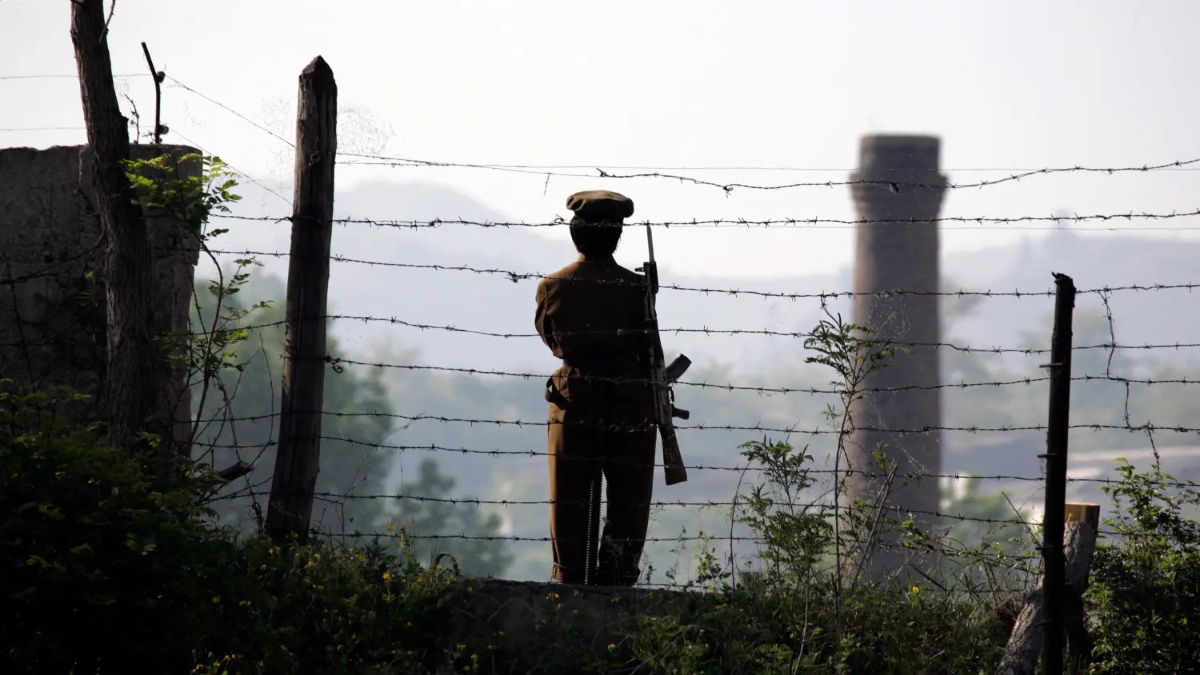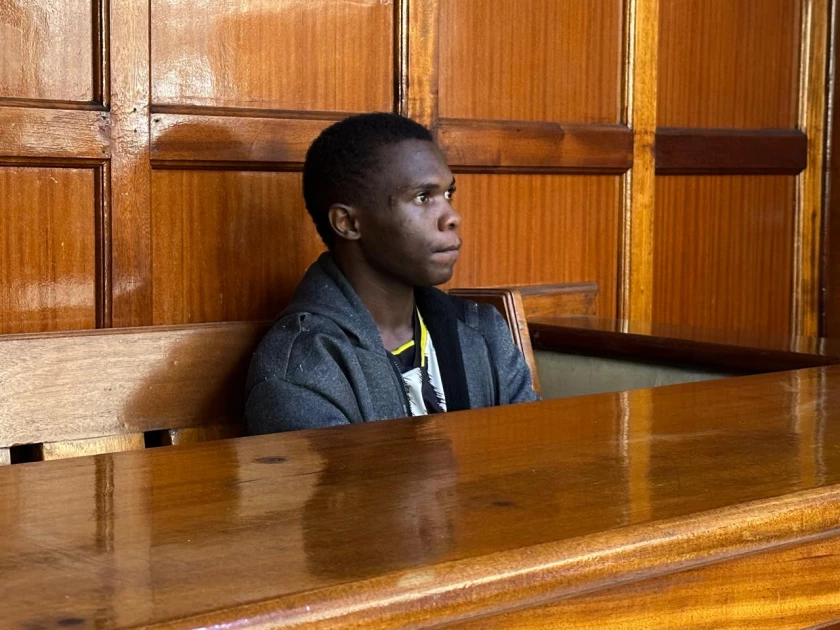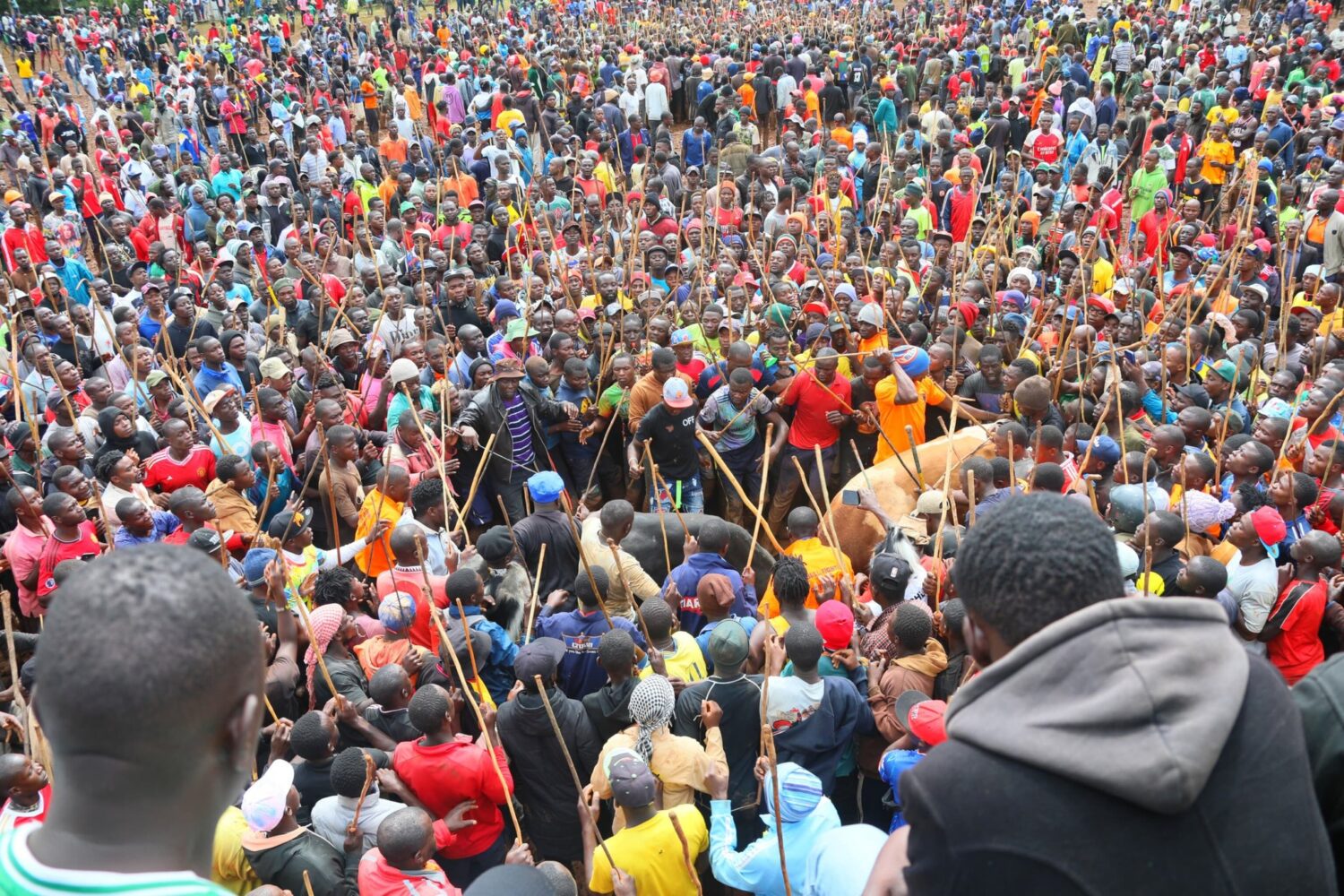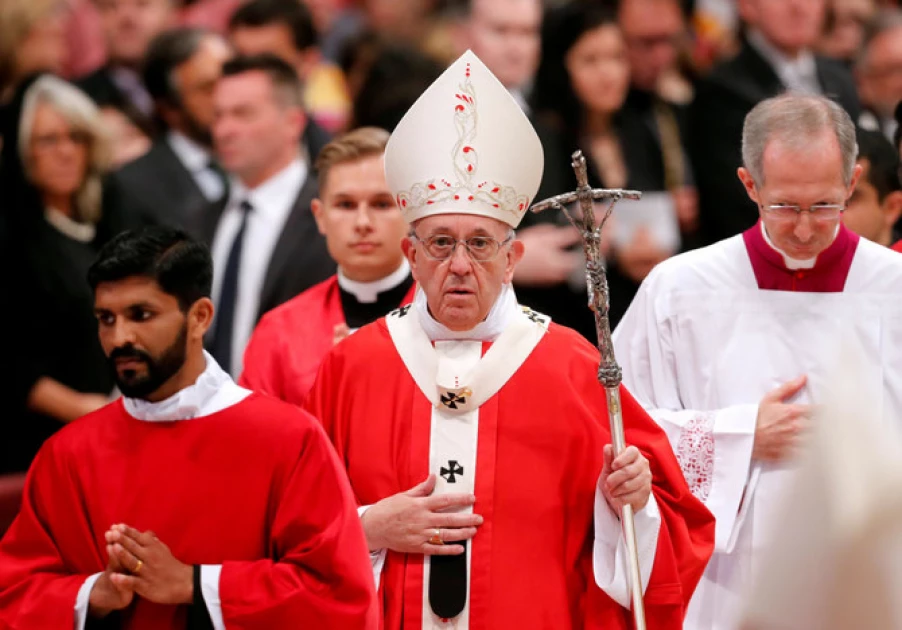A recent report from the Transitional Justice Working Group (TJWG) has revealed that over 100 North Koreans have gone missing, allegedly after being detained by North Korea’s secret police for attempting to defect or contact relatives in South Korea.
The Seoul-based human rights group detailed these incidents, drawing on interviews with 62 North Korean defectors now living in South Korea.
The TJWG report identified 113 individuals across 66 disappearance cases, documenting their findings through archived data and route maps developed in collaboration with international organizations. Of these, 80% were detained within North Korea, while others were arrested in China or Russia.
Almost 40% of these individuals disappeared after being caught trying to escape, while others were held accountable for a family member’s actions.
Approximately 81% were reported missing after being transferred to detention facilities run by the Ministry of State Security (MSS), the North’s powerful secret police agency.
One defector, who escaped in 2018, recounted the story of a friend detained by the MSS while attempting to retrieve a Chinese mobile phone he had hidden near the border.
According to TJWG Director Kang Jeong-hyun, the report highlights North Korea’s enforced disappearances as part of larger transnational crimes that also implicate China and Russia.
The release of the TJWG report coincides with the upcoming United Nations Human Rights Council’s Universal Periodic Review on North Korea, set for this month.
UN data estimates that North Korea holds as many as 200,000 people in prison camps, many of them political detainees, who are subjected to severe abuse.
The report echoes findings from a 2014 UN Commission of Inquiry that documented widespread torture, forced labor, and other abuses within North Korea’s prison system.
In response, North Korea has denied these accusations, describing them as a “fabrication” aimed at damaging the nation’s image.
China has also rejected claims that North Korean defectors reside within its borders, instead labeling them as economic migrants.
ALSO READ: Hezbollah appoints Naim Qassem as new leader following Nasrallah’s death in Israeli air strike











